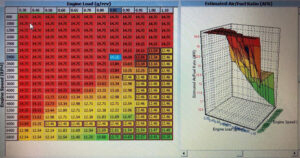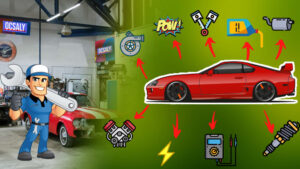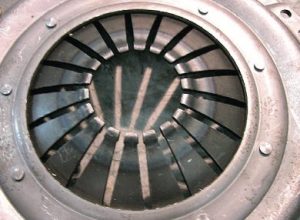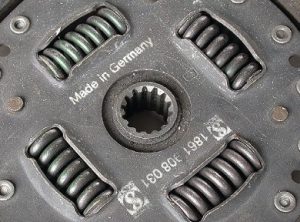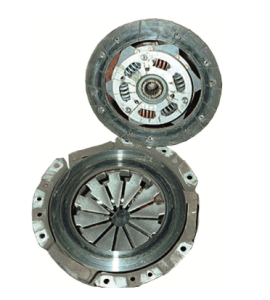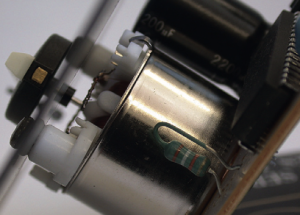Cars are essential in our daily lives, and they require regular maintenance and repairs to keep them running smoothly. Unfortunately, some dishonest mechanics and repair shops take advantage of people’s lack of knowledge about car repairs and charge them for unnecessary repairs or services. In this blog, we’ll discuss some common car repair scams and how you can avoid them.
- Unnecessary fluid flushes
Some mechanics might suggest that you need a transmission or power steering fluid flush, even if your car’s manual doesn’t recommend it. They might also claim that your current fluid is dirty or contaminated, which requires a flush. However, these services are often unnecessary and expensive. Unless your car has a specific problem that requires a fluid change, you don’t need to flush it regularly. Always check your car’s manual and follow the recommended maintenance schedule.
- Overcharging for parts
Some mechanics might charge you for expensive OEM (original equipment manufacturer) parts when you only need a cheaper aftermarket part. They might also add unnecessary parts to your repair bill or charge you for new parts when they actually used refurbished parts. Always ask your mechanic to explain what parts they’re using and why they’re necessary. You can also do some research online to compare prices and make sure you’re not overcharged.
- Upselling unnecessary services
Some mechanics might try to sell you on additional services or repairs that you don’t need. For example, they might suggest that you need an engine tune-up or a brake pad replacement when your car doesn’t require it. Always ask for a detailed explanation of the services and why they’re necessary. If you’re not sure, get a second opinion from another mechanic or consult your car’s manual.
- False diagnostic tests
Some mechanics might charge you for diagnostic tests that they didn’t perform or exaggerate the extent of the problem. They might also use scare tactics to convince you that your car is in critical condition and needs immediate repairs. Always ask for a detailed explanation of the problem and the diagnostic tests that were performed. You can also ask for the old parts to be returned to you to make sure that they were actually replaced.
- Bait-and-switch tactics
Some repair shops might offer a low price for a repair, but once they start working on your car, they’ll find additional problems and charge you more. They might also charge you for additional services that you didn’t agree to. Always get a written estimate before the repairs begin and make sure it includes all the necessary repairs and services. If the shop finds additional problems, they should get your approval before performing any additional work.
In conclusion, car repair scams are unfortunately common, but you can protect yourself by being informed and vigilant. Always ask questions, get a second opinion, and do your research before agreeing to any repairs or services. Don’t be afraid to speak up if you suspect you’re being scammed, and if you do fall victim to a scam, report it to the authorities. With these tips, you can keep your car running smoothly without getting taken advantage of by dishonest mechanics.
Drive for Years to Come: 5 Tips to Extend the Life of Your Car
Your car is more than just a means of transportation. It’s an investment, and like any investment, you want to get the most out of it. By taking care of your car and extending its lifespan, you can save money in the long run and reduce your carbon footprint. In this blog, we’ll discuss some tips on how to extend the life of your car.
- Follow the maintenance schedule
Your car’s manufacturer provides a recommended maintenance schedule in the owner’s manual. This schedule includes regular inspections, oil changes, filter changes, and other services. Following this schedule can help prevent major problems and keep your car running smoothly for longer. It’s important to stay on top of these services, even if your car seems to be running fine.
- Check your fluids regularly
Fluids like oil, transmission fluid, coolant, and brake fluid are essential for your car’s performance and longevity. Regularly checking and changing these fluids can help prevent engine damage and other problems. Check your fluids at least once a month and top them off if necessary. Be sure to use the correct type of fluid for your car.
- Keep your car clean
Washing your car regularly can help prevent rust and other damage. Dirt, salt, and other debris can build up on your car’s exterior and eat away at the paint and metal. Clean your car at least once a month and apply a coat of wax to protect the paint.
- Drive carefully
How you drive can have a big impact on your car’s lifespan. Hard acceleration, sudden braking, and speeding can all put unnecessary strain on your engine and other components. Avoid these habits and drive defensively to reduce wear and tear on your car. Also, avoid overloading your car or towing more than it’s rated for.
- Address problems promptly
If you notice a problem with your car, don’t ignore it. Even small problems can turn into big ones if left untreated. Take your car to a trusted mechanic as soon as possible to have it inspected and repaired. Addressing problems promptly can save you money and prevent further damage to your car.
In conclusion, taking care of your car can help extend its lifespan and save you money in the long run. By following the manufacturer’s recommended maintenance schedule, checking your fluids regularly, keeping your car clean, driving carefully, and addressing problems promptly, you can keep your car running smoothly for years to come. So, take care of your car and it will take care of you.



